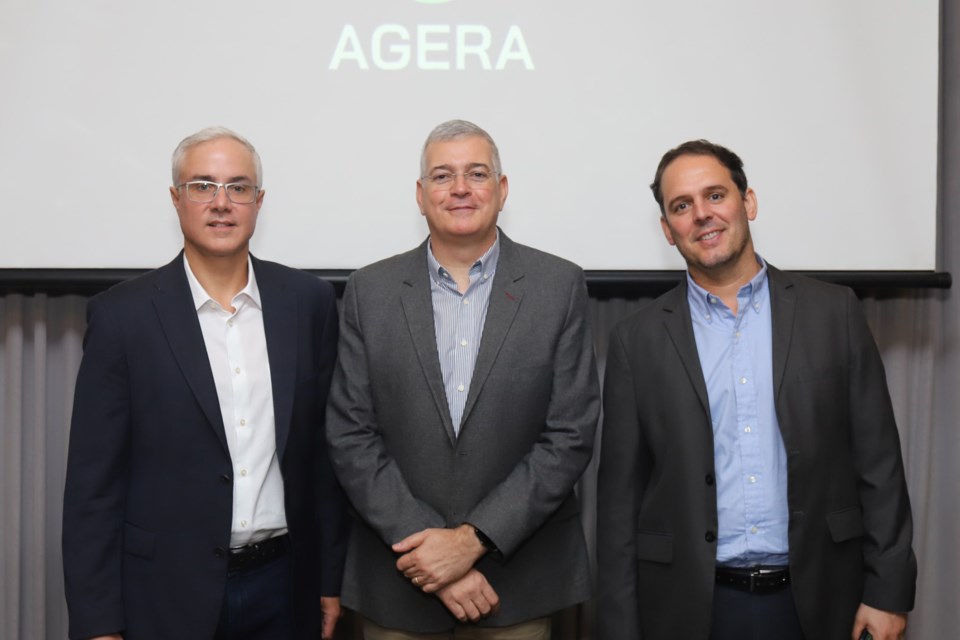Vale SA, the international parent company of Vale Canada, has had difficulty with the safety of some of its tailings dams, said it has created a new company to sell and distribute sand from its iron ore tailings properties.
Two dams operated by Vale SA failed in recent years, leaving hundreds of miners and civilians dead and creating significant environmental damage.
Vale said the new company, named Agera, will be based in the state of Minas Gerais in Brazil and is planned to develop and expand what Vale calls the Sustainable Sand business.
The commercial quality sand is to be produced from the treatment of tailings generated by Vale's iron ore operations in the state and promotes its commercialization and distribution. The new company will also invest in research and development (R&D) of new solutions for the product, said a Vale news release.
Sustainable sand began to be produced by Vale in 2021 after seven years of research, as a substitute for sand extracted from the environment, said the release. Since then, around 900,000 tons of the product have already been sent to the construction sector and road paving projects. The expectation is to sell a million tons this year and 2.1 million by 2024, said the company.
Vale suffered international condemnation and embarrassment after two major tailings dam failures. The Brumadinho Dam disaster occurred on Jan. 25, 2019 at the Córrego do Feijão iron ore mine, owned by Vale. More than 250 people died.
The other incident occurred on Nov. 5, 2015, when the Fundão tailings dam suffered a catastrophic failure at the Germano iron ore mine of the Samarco Mariana Mining Complex (part owned by Vale) near Mariana, Minas Gerais. It was estimated that 19 people died as a result.
Vale said since the 2019 dam failure it has been working diligently on reparations as well as taking action on social, environmental and economic fronts.
The company said the creation of the sustainable sand project will also help the environment by reducing the amount of sand that would be extracted from various natural ecosystems.
"We created Agera with the aim of scaling a business that is helping us to reduce the use of dams and piles in Minas Gerais, as well as helping to replace natural sand, which is often extracted predatorily from river beds," said Fabiano Carvalho Filho, Vale's business development director.
"The creation of Agera is strongly linked to our strategy of promoting circular mining, which means strengthening the concepts of the circular economy in mining, associating economic development with better use of natural resources," he added.
Vale said the wet processing of iron ore, which is currently used for less than 30 per cent of Vale's production, generates tailings, which can be disposed of in dams or piles. These tailings are basically composed of silica, the main component of sand, and iron oxides. It is a non-toxic material, which is only processed physically.
Since 2014, Vale has been investing in research to find solutions for the reuse of sand from iron ore processing, with the aim of reducing the generation of tailings. In 2021, Vale began marketing Sustainable Sand, a product intended for civil construction with 100-per-cent legal origin, high silica content and low iron content, as well as high chemical and granulometric uniformity, said the company release.
Vale is also the largest mining company in Sudbury where it operates several mines, a mill, a smelter and a refinery to extract nickel and copper.
Len Gillis covers the mining industry as well as health care stories for Sudbury.com.




